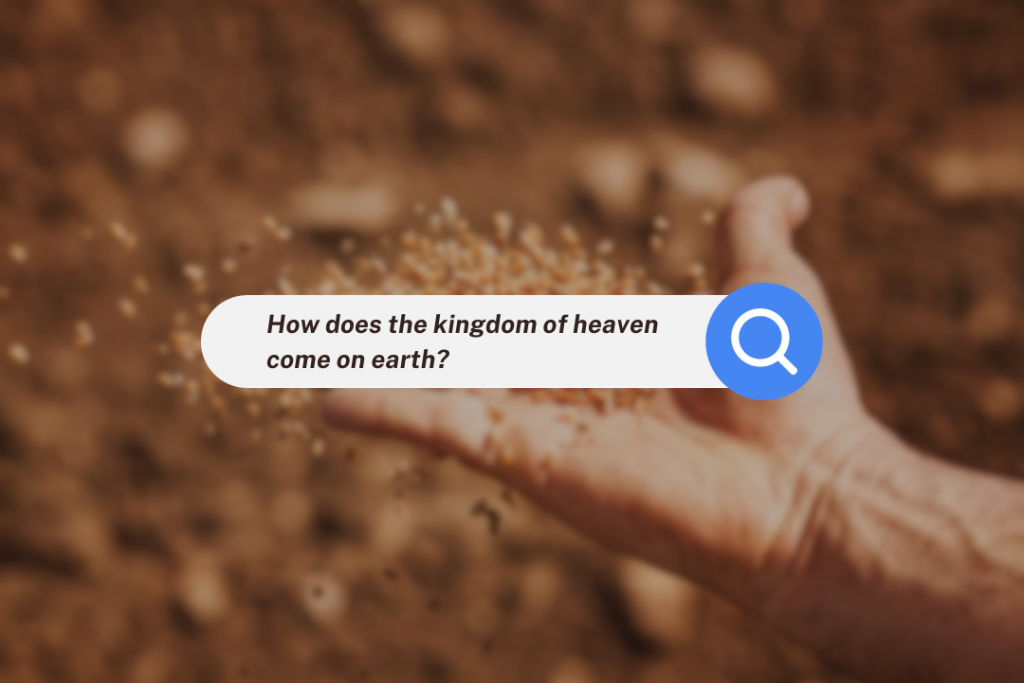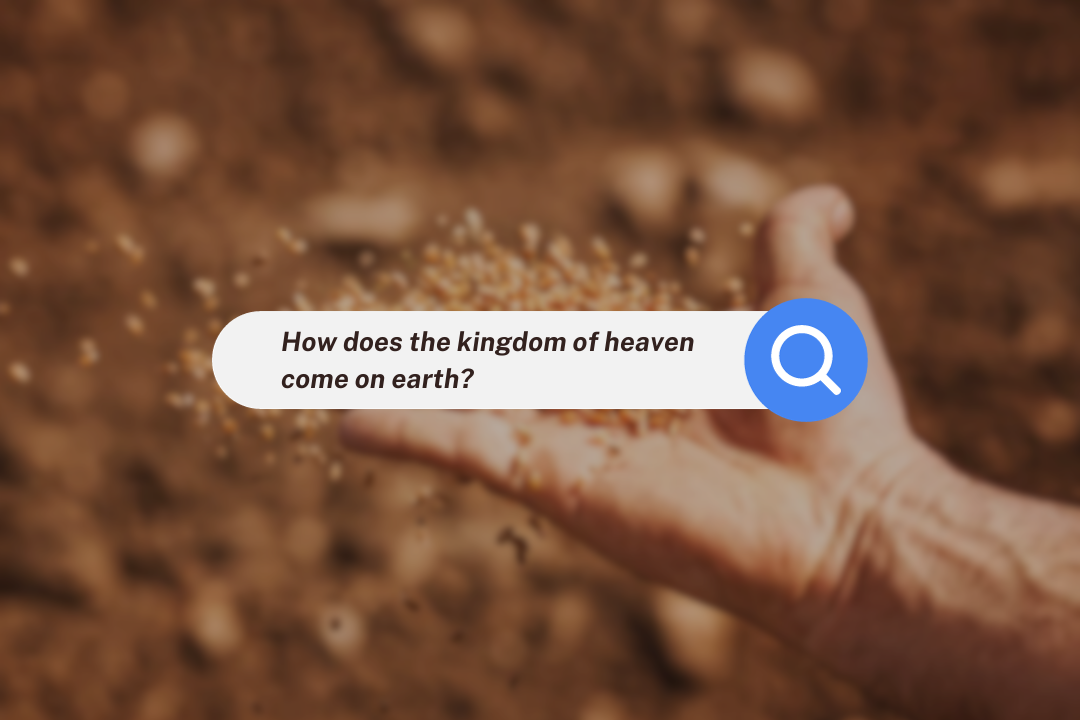
Matthew 13:1-30, 36-43
To which of the three Christian doctrines does Matthew 13 belong? It falls under Eschatology. These three pivotal Christian doctrines—Christology, Soteriology and Eschatology—hold immense significance, representing crucial pillars within Christian teachings. A comprehensive understanding of these doctrines is essential, given their paramount importance in Christian theology.
“The parable of the sower” is very deep. Israel’s land was barren. There were many stones. So, when sowing seeds, some were even spread on stones accidentally, and birds would come and eat those seeds. When sowing seeds, the sower may sow along paths or in stony fields. But the fact that the Word is sown within us—how thankful is that? Christians have this overflowing firm conviction that we did not choose God, but God chose us. What kind of people are we? We are the chosen people of God. There is a deep trust of the Lord toward us, that we will bear fruit thirtyfold, sixtyfold and a hundredfold.
How, then, will the kingdom come? Is it shrouded in ambiguity? Not at all—quite the opposite. The parable of the sower and the parable of the weeds offer distinct clarity. They provide a precise response to this question, which also is the response to the question of “theodicy”: “Let them be. There is a time for everything.” Addressing the common concern about the fate of evil in the world, these parables disclose unequivocal explanations.
Many people misunderstand God, thinking, “Why did Almighty God create this world like this and then simply abandon it?” In fact, that is not the case. This parable teaches us that evil originated from an enemy. By understanding this, our misunderstanding can be resolved. Are we not misunderstanding God? And we all know who this enemy is. Studying Genesis deeply, we come to understand that a creature—which God created and which was good—changed and became Satan. God is not a creator of evil but a victim of evil.
The parable of the weeds implies a profound truth: a time will come when God will judge all things. It reminds us that evil cannot endure indefinitely, and there will ultimately be an end, with everything subjected to judgment. This understanding instills a firm conviction in God’s redemptive history, empowering us to persevere and endure. The lesson from these parables is clear: exercise patience as you diligently sow seeds of the Word of God in the world, recognizing that the field is vast, and your efforts contribute to a broader spiritual landscape.
